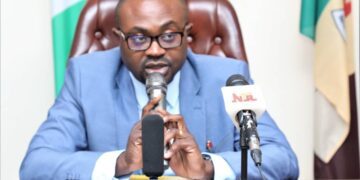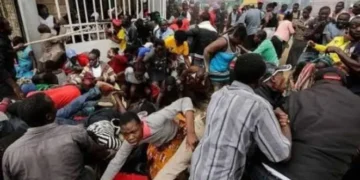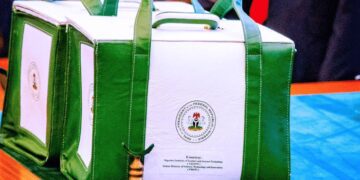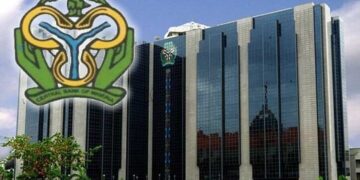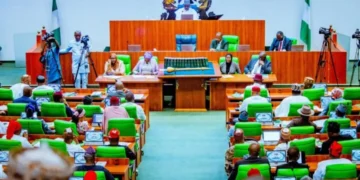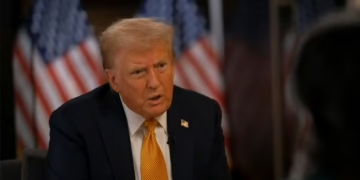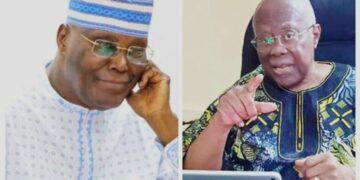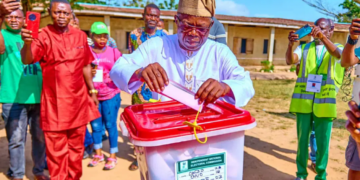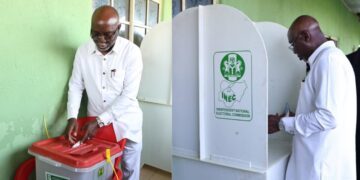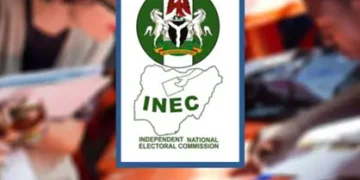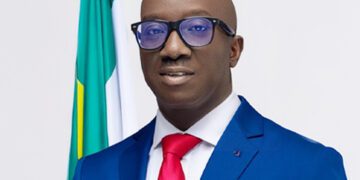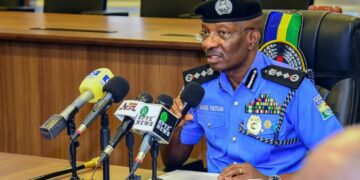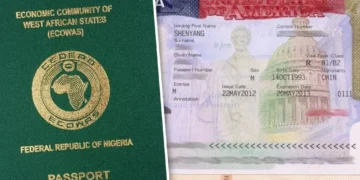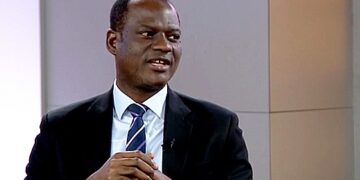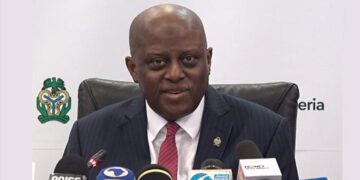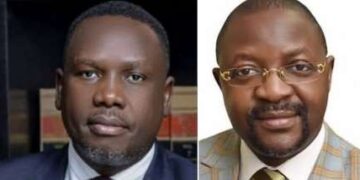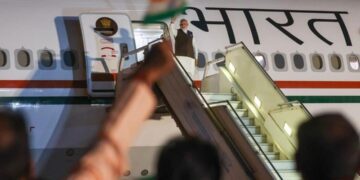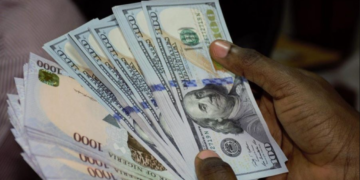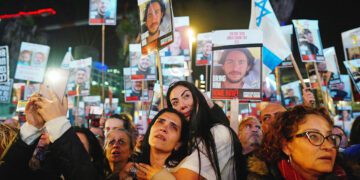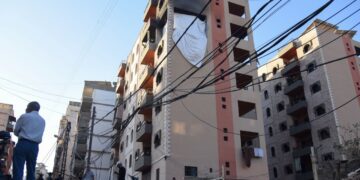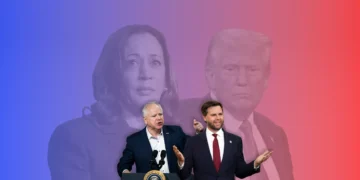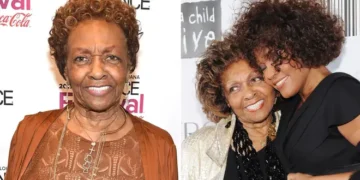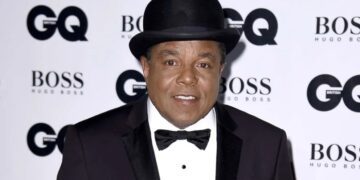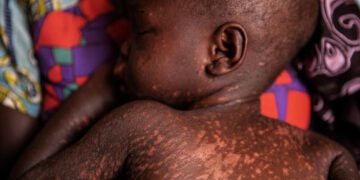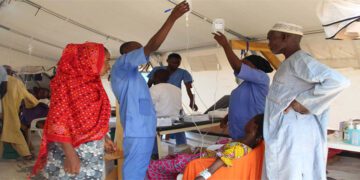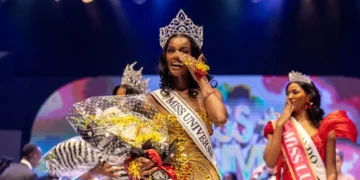FirstNews newspaper editor Segun Olatunji abducted from his home on Friday, 15 March has been set free having spent 14 days in a military detention facility in Abuja. Mr Olatunji’s release was announced on Thursday, 28 March at a joint presser by the International Press Institute, the Nigerian Guild of Editors, and the Nigeria Union of Journalists in Abuja. Olatunji, the editor of FirstNews, was abducted from his home in Lagos, South-west, on 15 March. Hours later he was blindfolded and flown into Abuja on a military aircraft. The military consistently denied abducting Olatunji until Wednesday evening when they admitted to detaining the journalist. Journalists’ associations in Nigeria who sought the truth from the Chief of Defence Staff, Christopher Musa, a general, and the Chief of Defence Intelligence, Emmanuel Undiandeye, a major general was lied to about the whereabouts of the journalist in their custody.” Olatunji was being detained and tortured by the Defence Intelligence Agency in Abuja according to the Secretary of the Nigerian Guild of Editors, Iyobosa Uwugiaren, who read the joint press statement said on Thursday. At the presser on Thursday, Mr Uwugiaren was flanked by Musikilu Mojeed, the Editor-in-Chief of Premium Times and President, International Press Institute in Nigeria as well as the President of the NUJ, Chris Isiguzo and Mr Olatunji. The IPI, NGE and NUJ had consistently demanded Mr Olatunji’s release. Narrating how Mr Olatunji regained his freedom on Thursday, Mr Uwugiaren said the Defence Intelligence Agency phoned Yomi Odunuga, a deputy editor at the Nation Newspaper, to come to its facility at Asokoro District of Abuja to collect the detained journalist. While Odunuga was riding in a car with Uwugiaren in Abuja on Thursday, the pair kept receiving phone calls from the DIA, directing them to different places where they were to receive Olatunji. Eventually, the military personnel directed Messrs Odunuga and Uwugiaren to a bridge in Asokoro where Olatunji was released to them after Odunuga signed a bail bond for the detained journalist. One of the conditions for Olatunji’s release is that Odunuga must produce the former whenever he is required in court. Recounting his ordeal at the hands of the military, Olatunji said his life was no longer safe on account of the manner he was abducted from his home, blindfolded, and tortured by the soldiers. He said the DIA hacked his phone, tracking his movements for weeks before his abduction on 15 March. “My life is not safe because they know my house. They had been trailing me three weeks before the arrest. My life is no longer safe given the manner the soldiers tracked me from my village to Lagos before my abduction. I was with my seven-year-old son when the army broke into the house. They bundled me into their vehicle,” he said.
Narrating his experience while in detention, Olatunji said the military took away his eyeglasses before blindfolding him. Thereafter, he said he was handcuffed. “I was blindfolded and groaning in pain. I can still feel the numbness on my right wrist because of the handcuffs. They cuffed my legs and put me in an underground cell. They asked me about stories we carried about the Chief of Staff to the president. Those behind my arrest were people in power who were not comfortable with our reporting. Last night, I was asked to call someone who would stand as a surety. It was then that I phoned Yomi Odunuga.”
Consequently, the journalists’ associations have called on President Bola Tinubu not to condone arbitrary arrest and detention of Olatunji by the military. They described the military’s action as “vicious, uncivilised and criminal.” Saying that the action is alien to Nigeria’s democratic space. It is now clear that there are some officers in our military who are still finding it difficult to subject themselves to civil authority 24 years after our country returned to representative governance. “If officers in a military institution like the DIA could hack a journalist’s telephone, mishandle his wife, abduct him, detain him secretly for 14 days and disobey senior officials of the federal government, then our democracy cannot be said to be safe,” Mr Uwugiaren said. He noted that the military’s action was an attack on press freedom in Nigeria.
However, the journalists acknowledged the efforts of Nigeria’s Minister of Information, Mohammed Idris, and the National Security Adviser (NSA), Nuhu Ribadu, in securing Mr Olatunji’s release.
Segun Olatunji has also thanked Nigerian journalists and everyone who pressured the military for his release.

















